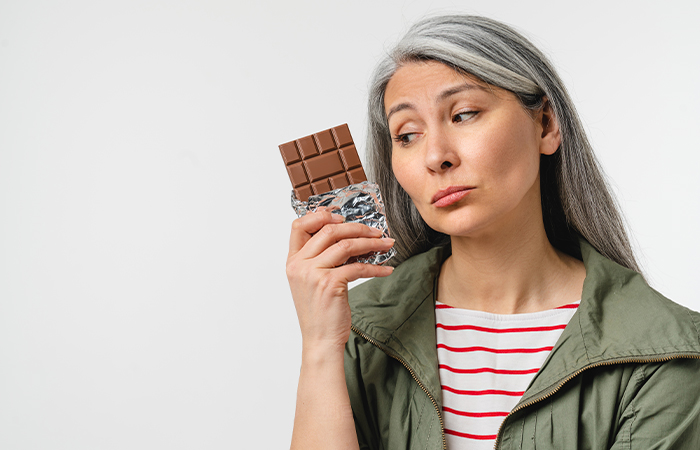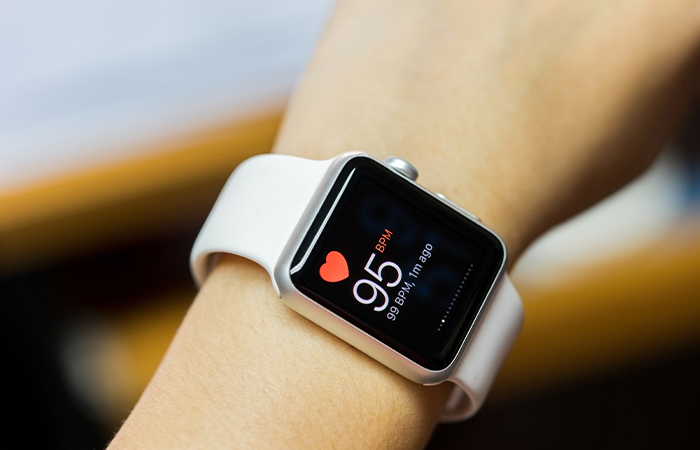How Sugar Contributes to Acne and Premature Aging

Introduction
Sugar is ubiquitous in the modern diet, hidden in various forms in our favorite foods and beverages. While most of us are well aware of the potential health risks associated with excessive sugar consumption, such as weight gain and diabetes, the impact of sugar on our skin is often overlooked. In this article, we will delve into the less-discussed but crucial connection between sugar, acne, and premature aging.
The Sugar-Induced Inflammation
– Sugar consumption, particularly in the form of high-glycemic-index (GI) foods, can lead to a spike in blood sugar levels. This rapid increase in blood sugar triggers a cascade of events in the body, including the release of insulin and the production of insulin-like growth factor 1 (IGF-1). These hormonal responses can have detrimental effects on the skin.
– Inflammation: Elevated blood sugar levels lead to increased production of pro-inflammatory molecules, promoting chronic low-level inflammation throughout the body, including the skin. Inflammation is a common factor in both acne and premature aging.
– Oil Production: High levels of insulin and IGF-1 can stimulate the sebaceous glands in the skin to produce more oil (sebum). Excess sebum can clog pores, creating a favorable environment for the development of acne.
Sugar and Acne
– Insulin Resistance: Frequent consumption of high-sugar foods can lead to insulin resistance, a condition in which cells become less responsive to the effects of insulin. In people with insulin resistance, higher levels of insulin are needed to control blood sugar. This increased insulin production can further exacerbate oil production and inflammation, contributing to acne.
– Hormonal Imbalance: Sugar-induced spikes in insulin can disrupt the delicate balance of hormones in the body. Elevated insulin levels can increase androgen production, leading to an overproduction of sebum, which can clog pores and contribute to acne breakouts.
– Glycation: Sugar molecules can attach themselves to proteins in the body through a process known as glycation. This can result in the formation of advanced glycation end products (AGEs), which can damage collagen and elastin fibers in the skin. Weakening these fibers can lead to sagging skin and the formation of wrinkles, contributing to premature aging.
Sugar and Premature Aging
– Collagen and Elastin Breakdown: Collagen and elastin are essential proteins that provide structure and elasticity to the skin. Glycation, driven by excess sugar consumption, can lead to the cross-linking of these proteins, making them rigid and less functional. This results in sagging skin, fine lines, and wrinkles.
– Oxidative Stress: Sugar-induced inflammation generates oxidative stress, leading to the production of free radicals. These unstable molecules can damage skin cells and DNA, accelerating the aging process and promoting the development of age spots and uneven skin tone.
– Loss of Skin Elasticity: Collagen fibers maintain skin firmness and elasticity. As sugar contributes to the degradation of collagen, the skin loses its ability to bounce back, leading to sagging and a loss of youthful appearance.
Taking Control of Your Skin's Fate
– Reduce Sugar Intake: The first step in preventing the detrimental effects of sugar on your skin is to reduce your sugar intake. Limit the consumption of sugary beverages, processed snacks, and desserts. Opt for whole, unprocessed foods and choose complex carbohydrates over simple sugars.
– Choose Low-Glycemic Foods: Foods with a lower GI can help stabilize blood sugar levels and reduce insulin spikes. Incorporate more fruits, vegetables, whole grains, and lean proteins into your diet.
– Stay Hydrated: Drinking plenty of water helps flush out toxins and keeps your skin hydrated, which is crucial for maintaining its elasticity and overall health.
– Skincare Routine: Invest in a skincare routine that includes products containing antioxidants like vitamin C and E, which can help combat the oxidative stress caused by sugar consumption.
– Sun Protection: Protect your skin from the sun by using sunscreen daily. Sun damage can accelerate the aging process and exacerbate the effects of sugar on your skin.
Conclusion
Sugar’s role in contributing to acne and premature aging is a clear reminder that what you eat has a direct impact on your skin’s health and appearance. By reducing your sugar intake, choosing low-GI foods, and adopting a healthy lifestyle, you can help prevent the sugar-induced inflammation, hormonal imbalances, and glycation that can lead to acne and aging. Your skin is a reflection of your overall health, so make choices that nourish and protect it for a more youthful and radiant complexion.










